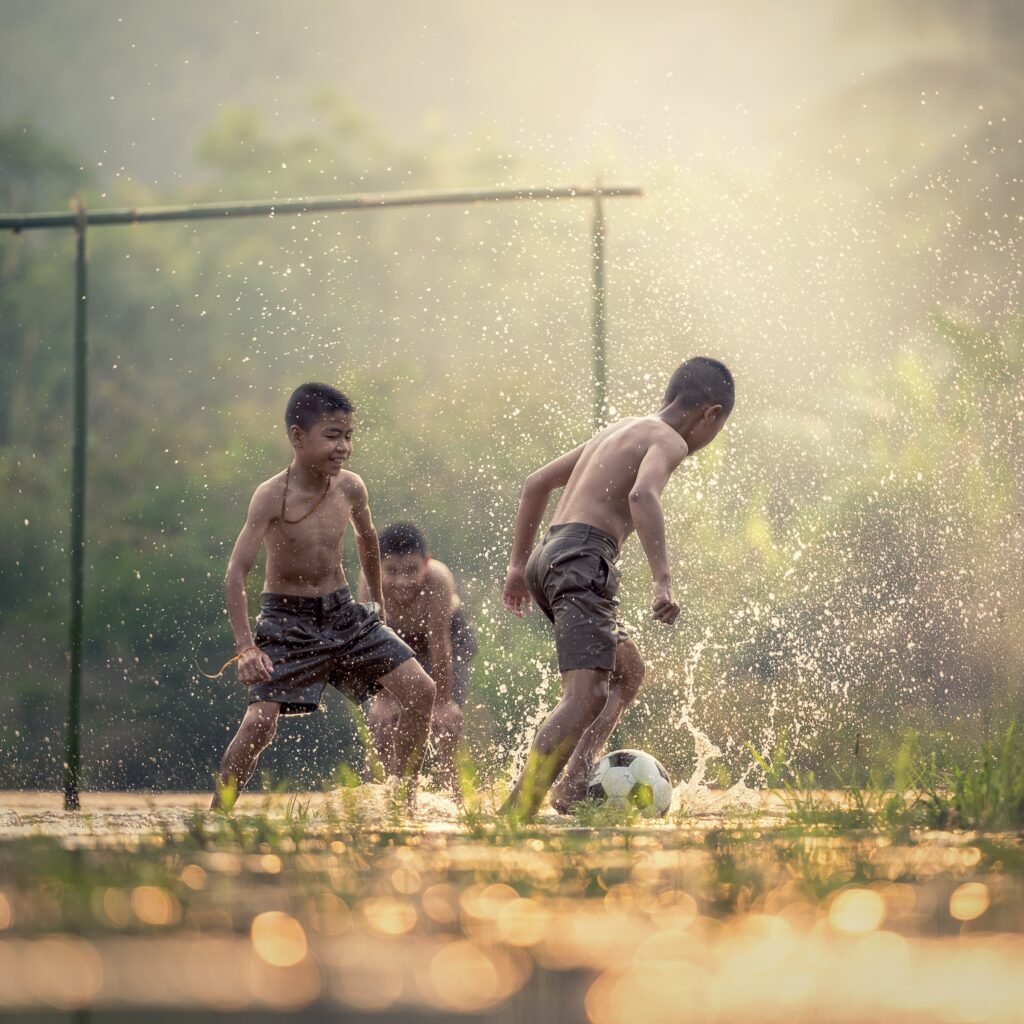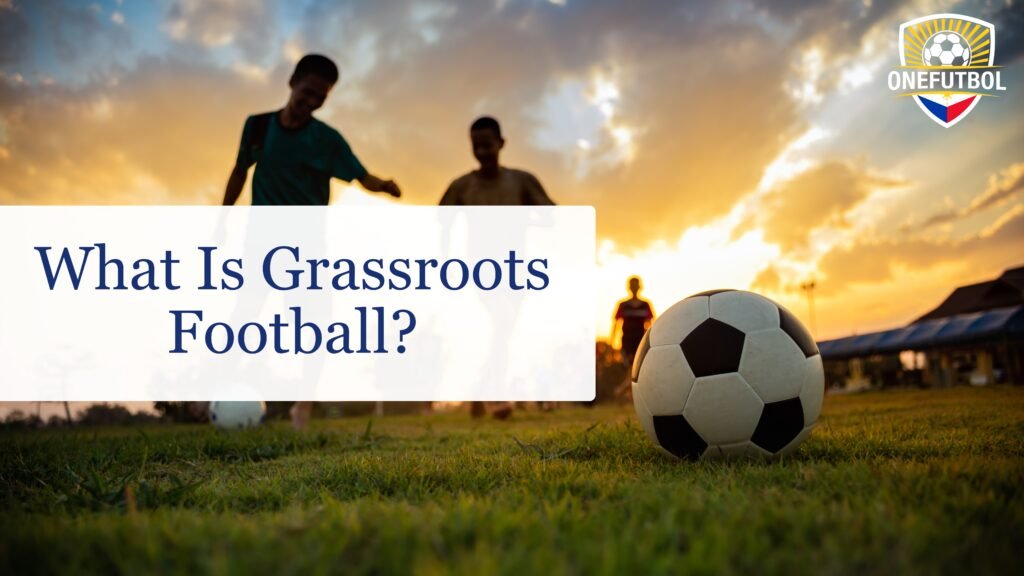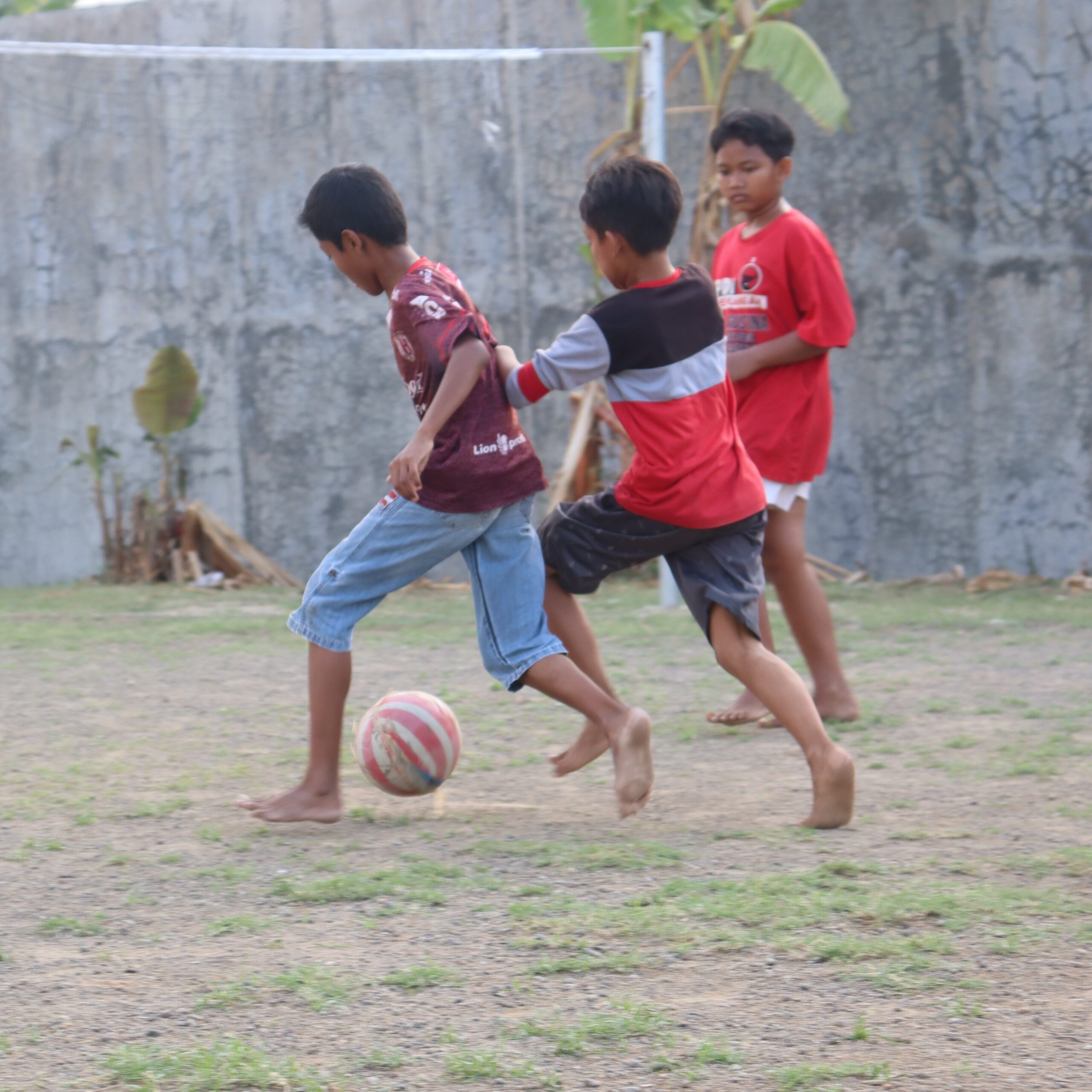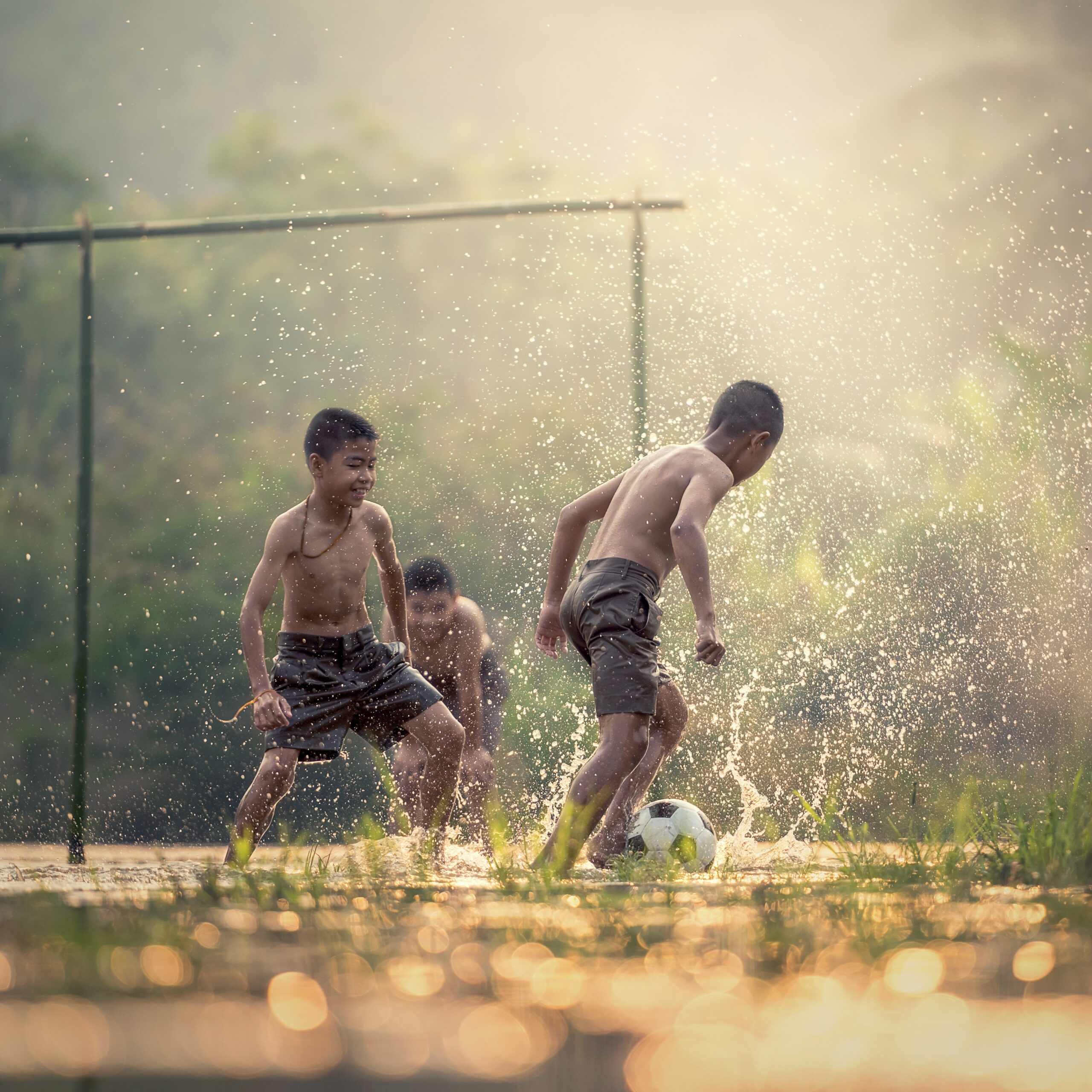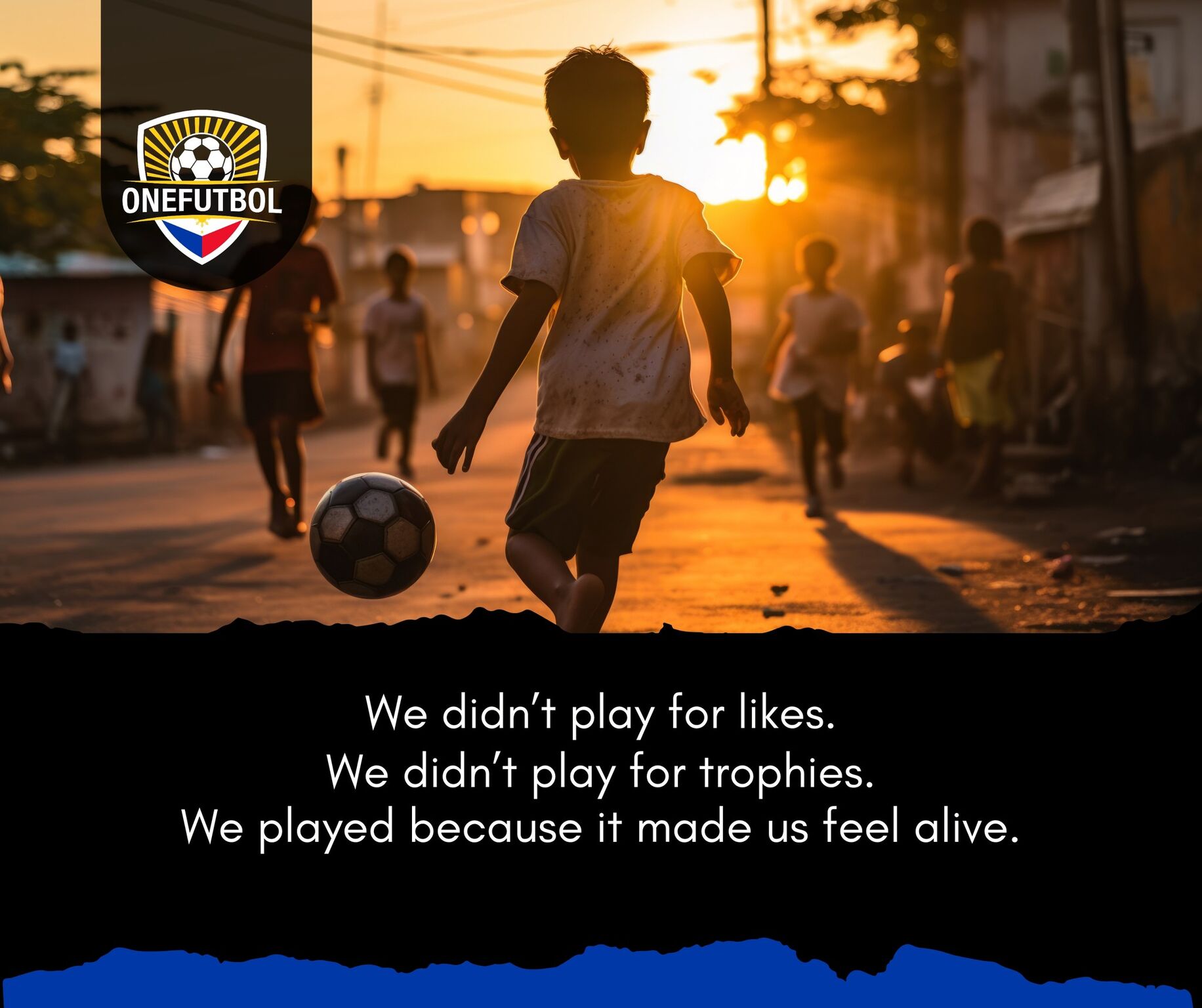Across the Philippines, several community-driven programs have proven that grassroots football is more than just a sport—it’s a life-changing tool.
Gawad Kalinga’s SipaG Program integrates football into its youth development initiatives, offering underserved communities a chance to build confidence, discipline, and camaraderie. By turning empty spaces into makeshift pitches, they’ve created safe havens where kids can grow and thrive.
FutKal (Futbol sa Kalye) is a long-standing street football movement that brings the game to underserved neighborhoods across Metro Manila. It emphasizes “Football for All”—making sure even kids with no shoes and gear can play and dream. FutKal also hosts tournaments and clinics, often in collaboration with NGOs and public schools.
These real-life stories show that with the right support, grassroots football can uplift entire communities—not just produce athletes, but build character, purpose, and national pride.
